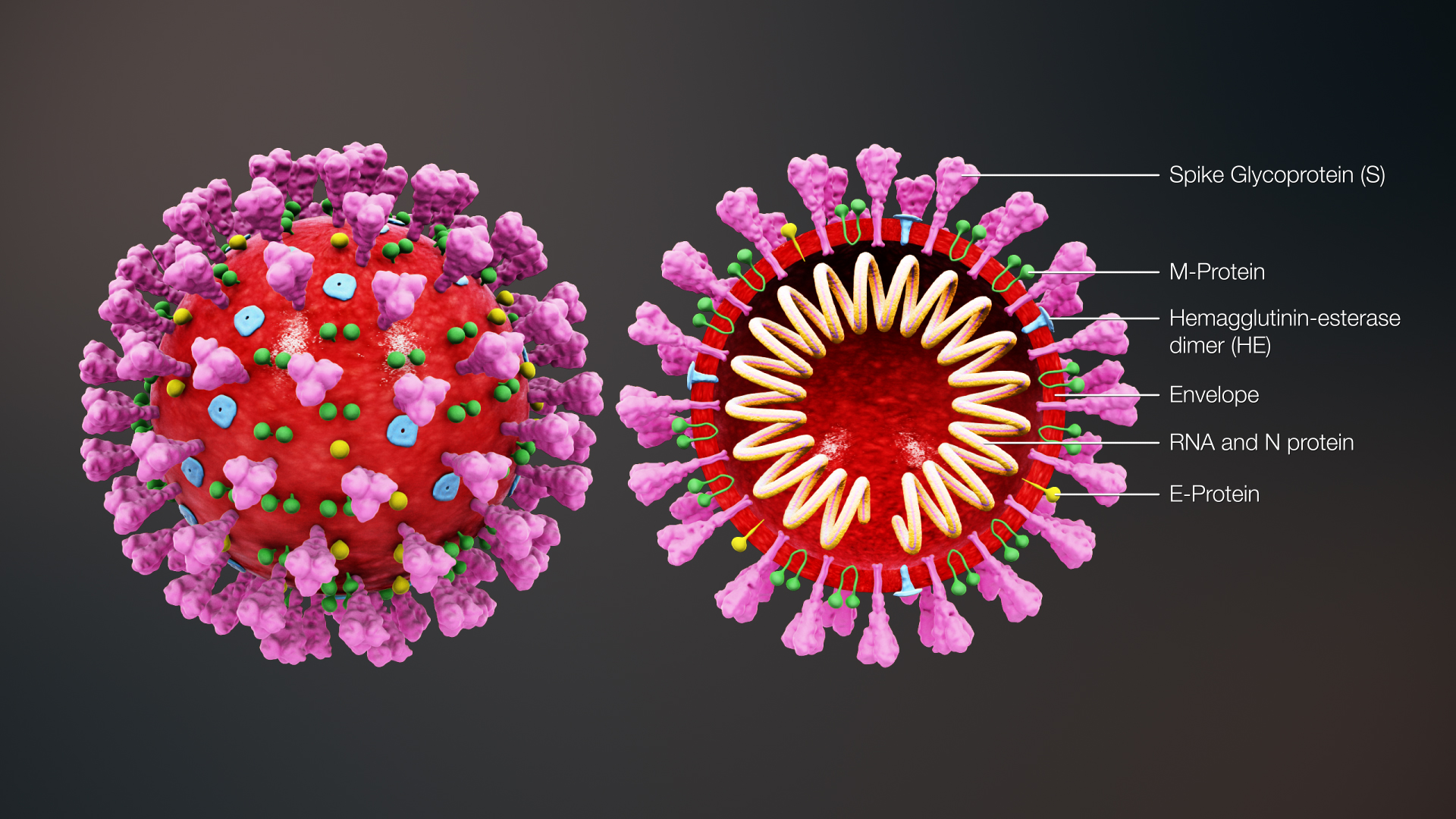In China and many urban areas in the United States it is not uncommon to see a group of people practicing a slow form of exercise, moving in unison. This dance-like movement is known as tai chi, a martial art founded hundreds of years ago that has been transformed into an exercise. A new study published by the Archives of Internal Medicine now shows that tai chi may actually help people that suffer from heart failure to feel better in general with a brighter outlook on life. A quality of life questionnaire given out showed that individuals who practice tai chi regularly had much higher scores than those who did not. The group practicing tai chi also showed improvements in mood as well.
It’s well known that heart failure and its symptoms are difficult to live with. The disease causes chronic low energy and shortness of breath as the heart is too weakened to pump blood properly. This can make exercise of any kind particularly difficult. Through the 1980s, it was even recommended that patients with heart failure avoid physical activity as much as possible.
Tai chi has been shown in several recent studies to be an effective treatment for many diseases; including Parkinson’s and breast cancer. The National Institutes of Health are currently funding a number of studies to look for more benefits of tai chi for patients with chronic diseases.
This study was the first to actually look at whether tai chi can help people suffering from heart failure. 100 people with the disease were recruited in the Boston area. Half were assigned a 12-week tai chi program while the other half got heart health education.
The tai chi program began with warm-up exercises, including breathing, visualization, arm swinging and light stretching. The patients learned 5 easy movements that were meant to relieve tension and increase breathing awareness. Afterward, patients received an instructional tape and were instructed to practice the moves at home three times each week.
At the end of 12 weeks researchers compared exercise ability and quality of life for both groups. They found that each group had equal oxygen use during a six-minute walk, but the Tai chi group reported a greater improvement in quality of life when responding to a standard questionnaire. In addition, the Tai chi participants reported a greater increase in mood and in calories burned each week, compared to the education group.
Tai Chi can be a great addition to treatment and programs for stress management in Rochester. Because of the strong link between heart failure and depression, it’s especially important for patients to find a way to relieve stress and improve their quality of life.







